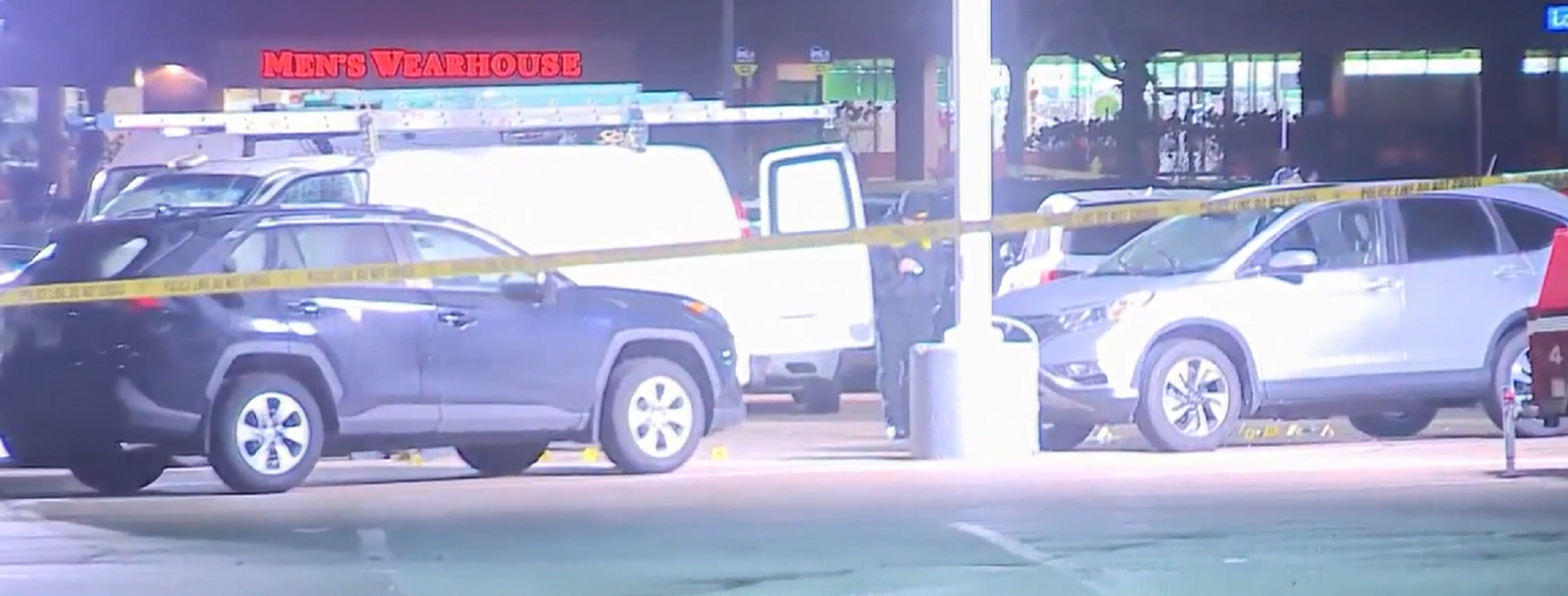BREAKING UPDATE: Despite an expectation of a deal, no plea agreement was accepted during the court hearing and the case will now proceed to trial. Latest update here.
The man accused of killing seven people and injuring dozens more at a Fourth of July parade in suburban Highland Park in 2022 was expected to change his initial plea of not guilty at a hearing Wednesday.
Robert Crimo III is scheduled to face trial in February of 2025 on more than 100 charges, including murder and attempted murder, for the shooting in Highland Park that killed seven and wounded 48. Lake County prosecutors confirmed last week that Crimo may change his not guilty plea at a hearing set for 9 a.m. Wednesday, about a week before the two-year anniversary of the mass shooting.
The statement released by Lake County State’s Attorney Eric Rinehart’s office did not provide more detail on the expected changes or how it could influence sentencing. Crimo would face a mandatory sentence of life without parole if convicted of first-degree murder.
The public defender’s office, which is defending Crimo, didn’t return a request for comment last week and generally does not comment on its cases.
The Chicago Sun-Times reported that the change is expected to come in the form of a "negotiated plea deal."
Extra security is planned for the hearing at the Waukegan courthouse, the Sun-Times reported, and some survivors of the attack are expected to be in attendance.
Local
The criminal case has proceeded slowly for months. At one point, Crimo insisted he wanted to fire his public defenders and represent himself. He abruptly reversed that decision weeks later.
Authorities have said the accused gunman confessed to police in the days after he opened fire from a rooftop in Highland Park, an affluent, North Shore suburb along Lake Michigan that is home to approximately 30,000 people. They said he initially fled to the Madison, Wisconsin, area and contemplated a second shooting at a parade there but returned to Chicago’s northern suburbs.
Feeling out of the loop? We'll catch you up on the Chicago news you need to know. Sign up for the weekly Chicago Catch-Up newsletter.
Those killed in the attack were Katherine Goldstein, 64; Jacquelyn Sundheim, 63; Stephen Straus, 88; Nicolas Toledo-Zaragoza, 78; and Eduardo Uvaldo, 69, and married couple Kevin McCarthy, 37, and Irina McCarthy, 35.
The McCarthys’ 2-year-old son was found alone at the scene and eventually reunited with extended family members.
All of them were from the Highland Park area except for Toledo-Zaragoza, who was visiting family in the city from Morelos, Mexico.
The violence focused attention on Highland Park’s 2013 ban on semi-automatic weapons and large-capacity magazines. Illinois officials have long contended that legal and illegal weapons are easily purchased in surrounding states, hampering even the toughest local laws’ effectiveness.
Authorities said that Crimo, a resident of nearby Highwood, legally purchased the rifle. But he first applied for a state gun license in 2019 when he was 19, too young to apply independently in Illinois.
His father sponsored the application, though police reports show that months earlier a relative reported to police that Crimo III had threatened to “kill everyone” and had made several threats to kill himself.
Prosecutors initially charged the father, Robert Crimo Jr., with seven felony counts of reckless conduct and he pleaded guilty in November to seven misdemeanor counts of reckless conduct. He was sentenced to 60 days in jail and released early for good behavior.



